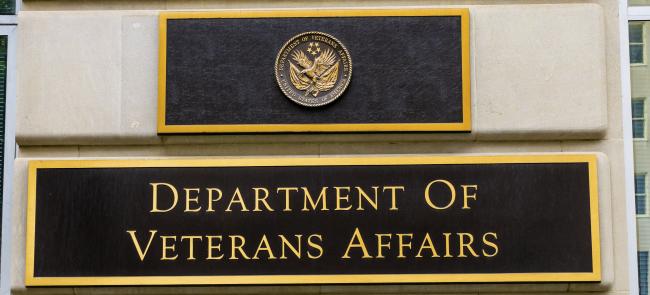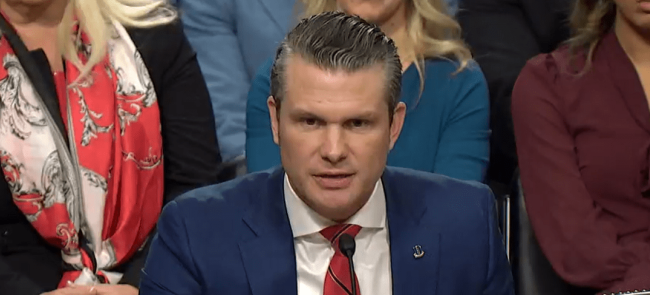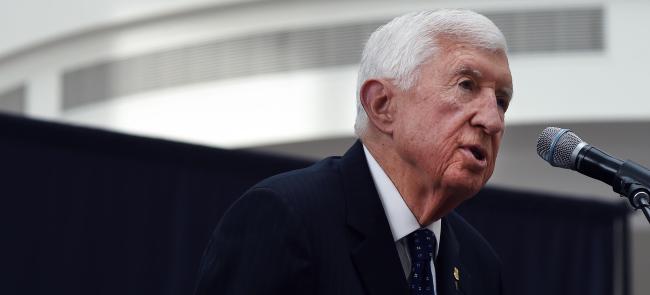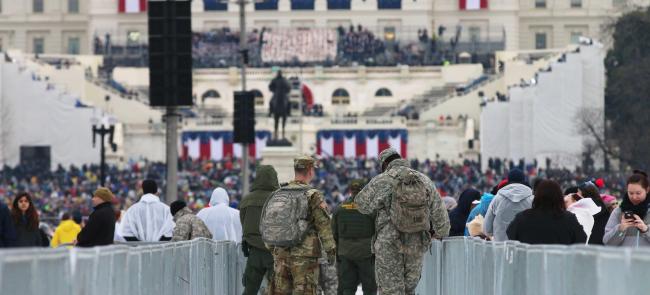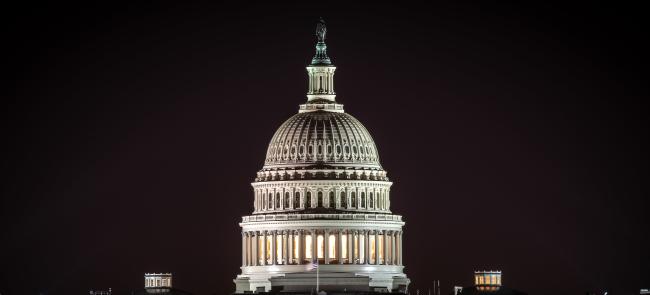
The nation’s governors are urging lawmakers to swiftly pass a defense policy bill that preserves state authority over the National Guard.
Congressional defense leaders are currently negotiating differences between the House and Senate versions of the fiscal 2025 National Defense Authorization Act.
Among the details is language about an Air Force legislative proposal — known on Capitol Hill as LP 480 — to transfer Air National Guard space professionals in 14 units across seven states to the Space Force without the legally required consent of the affected governors.
While the Senate's version of the NDAA goes along with this plan, the House version includes an amendment from Rep. Joe Wilson, R-S.C., that would make the moves still subject to gubernatorial approval.
"... Governors urge Congress to retain the House Wilson amendment language in the final NDAA," Colorado Gov. Jared Polis, a Democrat, and Oklahoma Gov. Kevin Stitt, a Republican, the co-chairs of the National Governors Association, said in a Nov. 18 press release.
The NGA's leadership added that the preservation of governors’ authorities is essential "to sustain this long-standing federal-state partnership to ensure military readiness and maintain a unified order of command."
All 55 of the nation’s governors — the commanders in chief of the Guard when it is in a state/territorial status — have been adamantly opposed to LP 480 since word of the scheme leaked from the Air Force in April.
The NGA's 53 members signed an April 29 letter to Defense Secretary Lloyd J. Austin III arguing against the Air Force's scheme. Florida Gov. Ron DeSantis and Texas Gov. Greg Abbott, neither of whom belongs to the NGA, penned their own letter to leaders in Washington.
More recently, 125 members of the House and Senate wrote congressional defense leaders urging
the preservation of "the statutory authority of governors to oversee National Guard forces under Title 32."
Air Force Secretary Frank Kendall has said the transfers would be a one-time move.
But the governors and NGAUS are concerned that bypassing the law even once would establish a precedent, opening the door for other components to take Guard units with gubernatorial permission.
Retired Maj. Gen. Francis M. McGinn, the NGAUS president, has called LP 480 an "existential threat to the Guard."
"The governor’s concerns are understandable, considering National Guard units are under the authority of their respective governors, unless activated by the president," he wrote in an April 16 op-ed for Breaking Defense.
"This is a longstanding legal tradition our nation has followed for more than 120 years," McGinn added. "Simply ignoring established law because it is inconvenient to the Department of the Air Force is unacceptable."
— By John Goheen



